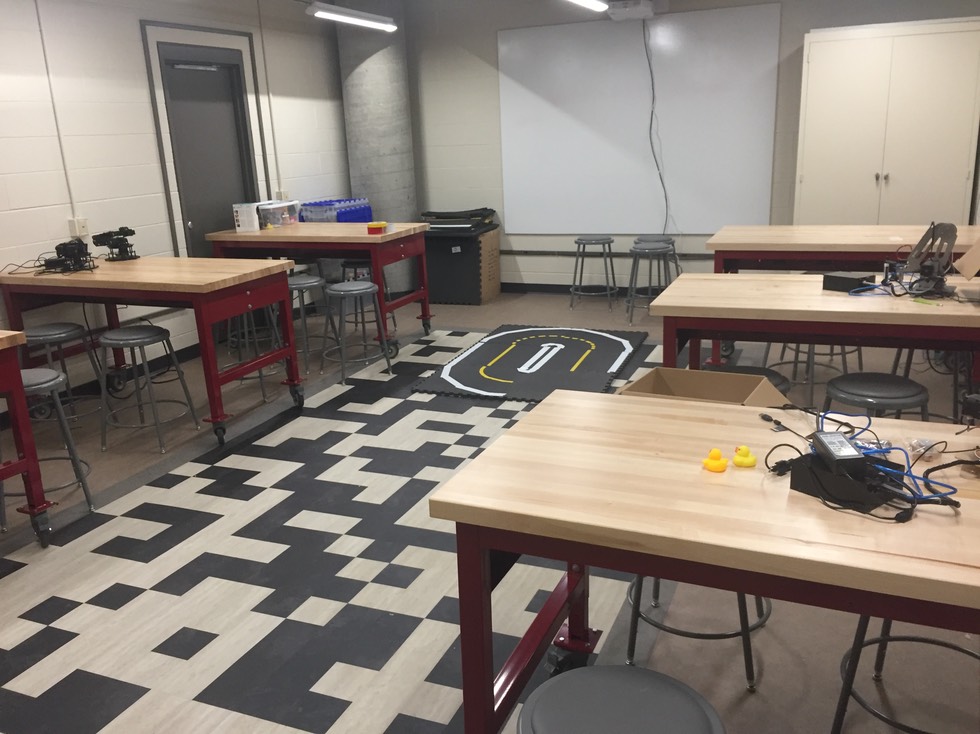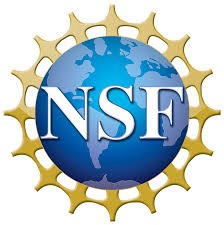Internetworking of Things: ECSE 4964/6964
This new course was first offered in Spring 2017, and each Spring semester thereafter. A new lab was also established specifically for teaching emerging IoT concepts.

Course Description
The course provides an in-depth study of the technologies and protocols involved in building the Internet-of-Things (IoT), with specific focus on networking at the edge of the Internet. This includes understanding of wireless communication and link layer technologies, multi-access and scheduling mechanisms, mobility models, routing in disconnected networks, energy-efficient edge networking, loss tolerant transport protocols, and their applications to emerging areas such as vehicular networks, RFID systems and smart buildings. The course also discusses IoT Security and data/content distribution, aggregation, and compression. This course has a strong emphasis on hands-on experience utilizing Raspberry Pi’s, Arduino’s, and NI software radio boards, and a significant part of the course assessment will be based on a final project focused on building a wireless based application such as indoor localization for IoT devices. Students are encouraged to suggest their own individual projects.
Topics to be covered include
- Review of networking architectures and standards
- Review of wireless PHY layer technologies
- Wireless access technologies for IoT: WiFi, LTE, ZigBee, Z-Wave and BLE
- Routing and network layer protocols for IoT: RPL and 6LoWPAN
- Low-overhead IoT transport: CoAP and MQTT
- Network management for IoT: LWM2M and NETCONF
- IoT mobility models and mobility handling protocols
- IoT Security
- Energy efficient IoT networking
- Sensor data distributed compression and aggregation
- Applications to Vehicular networking, RFID systems and Smart buildings
Textbooks
No required textbooks. Reference material will be provided for each lecture.
Supplemental textbooks list (partial list, not required):
1. Olivier Hersent, David Boswarthick and Omar Elloumi, The Internet of Things: Key Applications and Protocols, 2nd ed., Wiley, 2012.
2. Jack L. Burbank, Julia Andrusenko, Jared S. Everett and William T.M. Kasch, Wireless Networking: Understanding Internetworking Challenges, Wiley, 2013.
Credit Hours: 3.
Lecture: TF: 2:00-3:20 PM.
Lab (JEC 5312): Flexible hours.
Pre-requisites: Basic understanding of computer organization, operating systems and networks. Ability to write computer programs in a high level language (such as Python, C, C++, etc.)
Assessment Measures: Homework: 30%. Labwork: 30%. Final project (with demo/report): 40%
